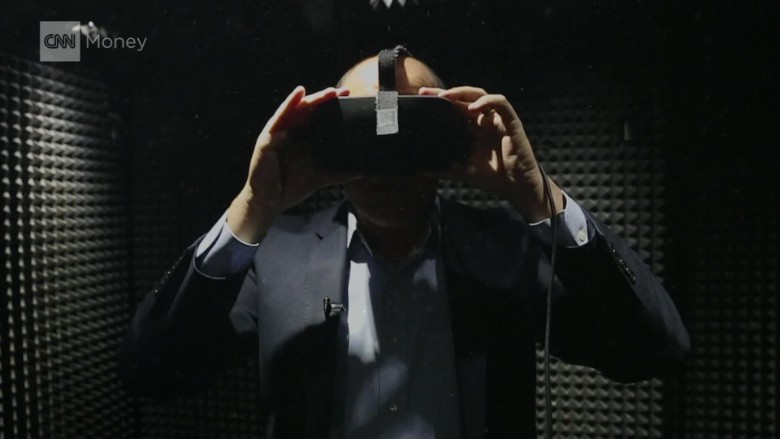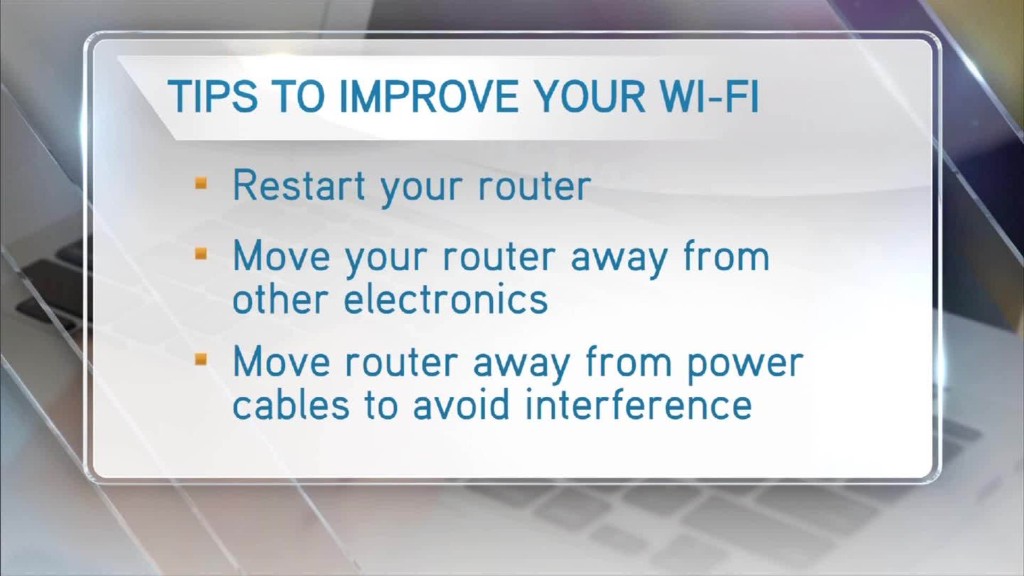
Could the smartphone already be outdated technology?
Artificial intelligence and virtual reality headsets, not your smartphone, could be the way you access entertainment, apps and services by the end of the decade.
That's the view of half of all smartphone users surveyed by Ericsson (ERIC) as part of its '10 Hot Consumer trends for 2016' report. They think the smartphone screen will disappear in five years' time, to be replaced by AI as the main way of interacting with the Internet and communicating with devices at home.
Still, predicting the death of the ubiquitous device may be as premature as heralding the demise of the PC, television, or even radio.
Tech consultancy Gartner predicts consumers will have more than three mobile devices connected to the Internet in five years' time. It predicts the world will have more than eight billion connected devices such as smartphones, tablets, e-readers, smart glasses and other wearables.
Ericsson surveyed 6,600 smartphone users aged 15-69 in 13 major cities around the world.
Other findings of the report include:
- 85% think wearable electronic assistants will be commonplace
- 80% think internal sensors will measure our well being and enhance our vision, hearing and memory
- 66% of commuters are dissatisfied with video streaming on the move
- 45% of teens watch an hour or more of YouTube (GOOG) everyday
- 44% want to a 3D printer to produce food at home
- 33% want AI to keep them company
Related: Toyota to invest $1 billion into artificial intelligence
Virtual reality

The survey showed that consumers expect virtual reality to become a huge part of their lifestyles, from looking at clothing, to watching sports, playing video games and reading a map. Those surveyed said they are keen on using virtual reality helmets and want to be surrounded by images and sound.
One-third said they would wear a virtual reality helmet for online dating.
Ericsson is one of the world's largest providers of telecommunication infrastructure. It sold off its cell phone division to Sony and recently announced a partnership with internet infrastructure giant Cisco (CSCO).


